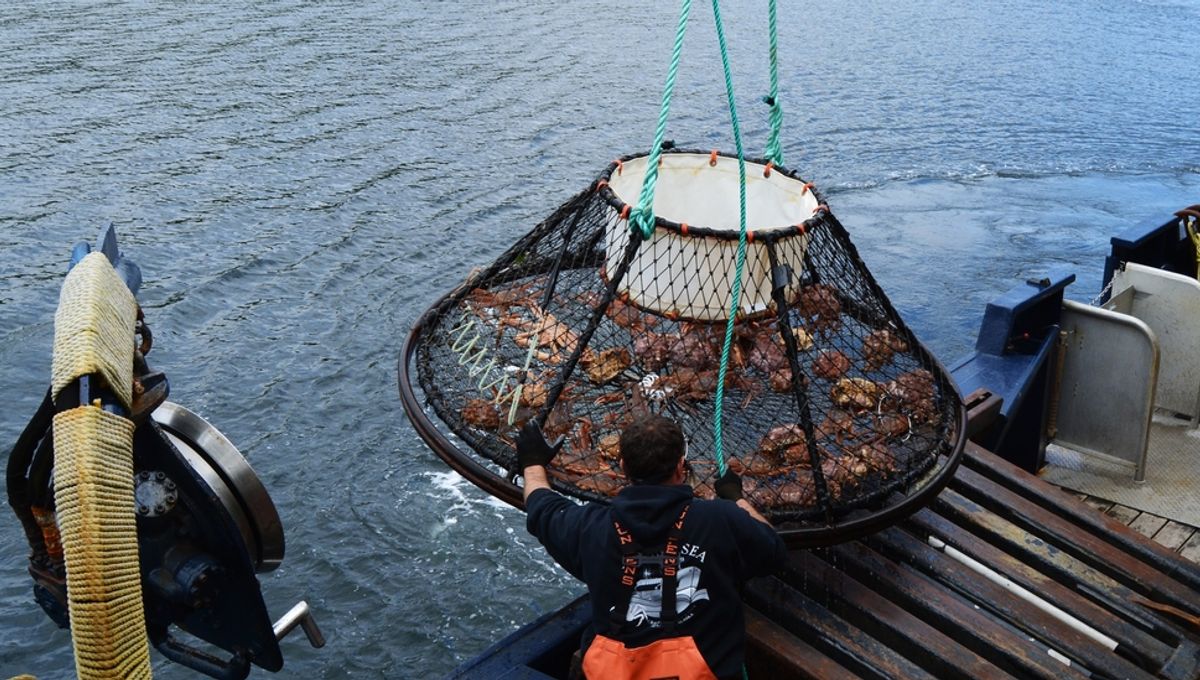
Alaska’s snow crabs grow to a considerable size, making them a prized treat at the dinner table and an important source of income for those who catch them. This year, however, diners and fishing crew alike will have to look elsewhere – for the first time, the Alaskan Department of Fish and Game (ADF&G) has canceled the season. The decision reflects a catastrophic crash in crab numbers over the last two years and the fear that without protection the loss could become permanent.
Rising temperatures have certainly contributed to the crab catastrophe, but scientists are uncertain if it’s the only (or even primary) reason.
“Understanding crab fishery closures have substantial impacts on harvesters, industry, and communities, ADF&G must balance these impacts with the need for long-term conservation and sustainability of crab stocks,” a statement. from AGDF&G reads. “Management of Bering Sea snow crab must now focus on conservation and rebuilding given the condition of the stock.”
Although this is the first time the crab season has been canceled, the population is given to wild swings, making underlying causes hard to determine. However, in Alaska, any ecological changes have an obvious suspect: some of the fastest rising temperatures on the planet.
The connection between greater heat and falling snow crab numbers is easy to see. The young crabs mature in so-called “cold pools” near the seabed. Waters there, fed by sinking brine and melting ice are usually too cold for the crabs’ predators to enter. Warmer waters in the Bering Sea naturally threaten that. On the other hand, the highest number of small crabs ever seen was reported in 2018, despite decades of increasing warmth.
The exceptionally hot conditions of 2019 in the area certainly weren’t a good sign for future years. Nevertheless, the great snow crab crash of 2021, the largest fall ever seen; “Was really unexpected,” ADF&G’s Miranda Westphal told NBC. “I don’t think anyone saw this coming.”
Despite the crash, last year ADF&G allowed the season to go ahead with reduced quotas. The smaller catch hit the economy of parts of Alaska that depend on the crabs, but the situation will likely be even worse this year.
Even recent good years found the crabs further north than usual, close to the Russian border.
However, not everyone thinks hotter conditions are the whole story. Ecologist Spencer Roberts wrote a Twitter thread linking the crash to the fate of Alaska’s other crustacean export: the red king crab.
Once a similarly abundant resource, red king crab numbers plummeted in the early 1980s and have never recovered. Spencer points to evidence the king crabs’ demise was linked to their status as common by-catch from trawling for yellowfin and other fish.
Last year, fisheries biologist Dr Braxton Dew alleged NOAA officials falsified data to make it appear that red crab numbers were healthier than they were, knowingly misattributing the initial die-off to natural mortality. If Dew is right, this allowed fishing harvests to continue, pushing the crabs to a point where they will take decades to recover, if ever.
Roberts argues that fishing trawlers have shifted north following sea ice contraction and are doing to the snow crabs what they once did to the red king crabs.
Assessing the truth of Roberts’ claims may take a while, but if he’s right it needs to be done by the next fishing season.
Source Link: Alaskan Snow Crab Season Cancelled Due To Dramatic Population Collapse, But Cause Debated